Hello, everyone I am Chifumi Maeda,
a Japanese female president living in Bangkok.
Thank you, guys, for visiting this
“True comments from Japanese female presidents living in Thailand” blog
I would like to talk about merits and demerits of obtaining Thai permanent residency rights today.
I’ve applied for permanent residency in 2011 and was granted with the right in July 2015.
Even people who have been living in Thailand for a long time
do not necessarily have permanent residency.
Some people say,

I don’t need permanent residency, it is useless.
but on the other hand there are people who say



I’m glad I got permanent residency, you should get one too.
I am glad that I actually obtained permanent residence in Thailand,
and when if my friend ask me if they should or not,
I would advise them that if they meet the requirements,
they should aim for permanent residence.
In my case, I run my own company,
but as long as I work and live in Thailand, I am a foreigner here.
A work permit (Non-Immigrant B: commonly known as a business visa) is required,
as well as a work permit.
The conditions for renewing work permits are getting stricter and stricter every year,
and they may change depending on the government policy
and therefore I wanted to reduce the risk as much as possible and thus aimed to acquire it.
Let me then talk about the merit and demerit of having the status.
Pros and Cons of Getting Thai Permanent Residency
Pros of Getting Thai Permanent Residency
Ease of Obtaining and Renewing Work Permits
First of all, if you are a company owner or a person who works for a company,
you will need to obtain a Non-Immigrant B (commonly known as a business visa),
and then apply for a work permit.
A visa is just a permit to stay, and if you want to work, you need a work permit.
This is same even when you have a permanent residency.
Normally, the conditions for obtaining a work permit are;
to employ one foreigner, the company must have capital of at least 2 million baht,
and employ 4 Thais.
Able to teach skills and techniques to Thai people.
The company has not been in the red for the past 3 years.
These are the conditions.
Permanent Residency rights holders are exempt from this requirement.
The status holder is counted as Thai nationals.
From the standpoint of a person running a company,
I feel that the biggest merit is that I no longer have to worry about my visa
and that it has become easier to renew my work permit.
Simplified Visa Renewal Process
The immigration office is always packed with people renewing their tourist visa,
business visa, spouse visa, and etc.
There are a lot of documents, and it is very common that it takes a whole day for visa renewal.
If there are many people, it is often the next day…
Some people use visa agents, but of course it costs money.
Renewal of a permanent residency visa (Non-Quota Immigrant Visa)
has no waiting time (because there is no one),
and it takes only about an hour from application to receipt of renewal.
Definitely easy.
Access to Thai National Lanes during Immigration
Thai airports are always crowded,
and you have to line up in long lines when you enter or leave the country.
Permanent residents can use the lane for Thai nationals,
so they can pass in 5 minutes without lining up.
It is stress free.
No Remittance Proof Required for Real Estate Purchase
Proof of remittance from foreign countries is not required
when purchasing real estate (condominium) in Thailand.
In some cases, you can also have a loan.
Exemption from 90-day Immigration Bureau Reporting
Foreigners residing in Thailand are obliged to report their place of residence every 90 days,
but since the rights holders are permanent residents, this procedure is not necessary.
The 90-day report can be submitted via the Internet, by mail,
or by going to the immigration office but the internet is often go out of service,
and mail may not be delivered to.
In the end, people often ends up going to the immigration office, which also takes time.
Using an agent will cost money.
It’s a waste of time and money, and it’s not good for your mental health.
I think it was good that I obtained the status
because I can live in Thailand with peace of mind.
Let’s now look at some demerits.
Cons of Getting Thai Permanent Residency
High Costs of Processing Permanent Residency
Many people who have not obtained permanent residency say that the fees are expensive.
Fees seem to be a bottleneck when considering “cost-effectiveness”.
For business application, the fee is 191,400 baht.
For spouse application, the fee is 95,700 baht.
If they do not see the benefits of spending that kind of money,
they don’t seem to think about getting it.
Restrictions on Land Ownership
In principle, Thailand does not allow foreigners to own land.
Land ownership by “companies” approved by the Thailand Board of Investment
and “companies” located in the Industrial Estate Authority of Thailand
is permitted to own land but in principle, l
and ownership by foreign individuals is not permitted.
(Partially permitted if for residential use)
Even if you obtained permanent residency,
you cannot buy land because you are still a foreigner.
It is possible to purchase a condominium room, but there is a limit.
51% or more in one building must be owned by Thai nationals.
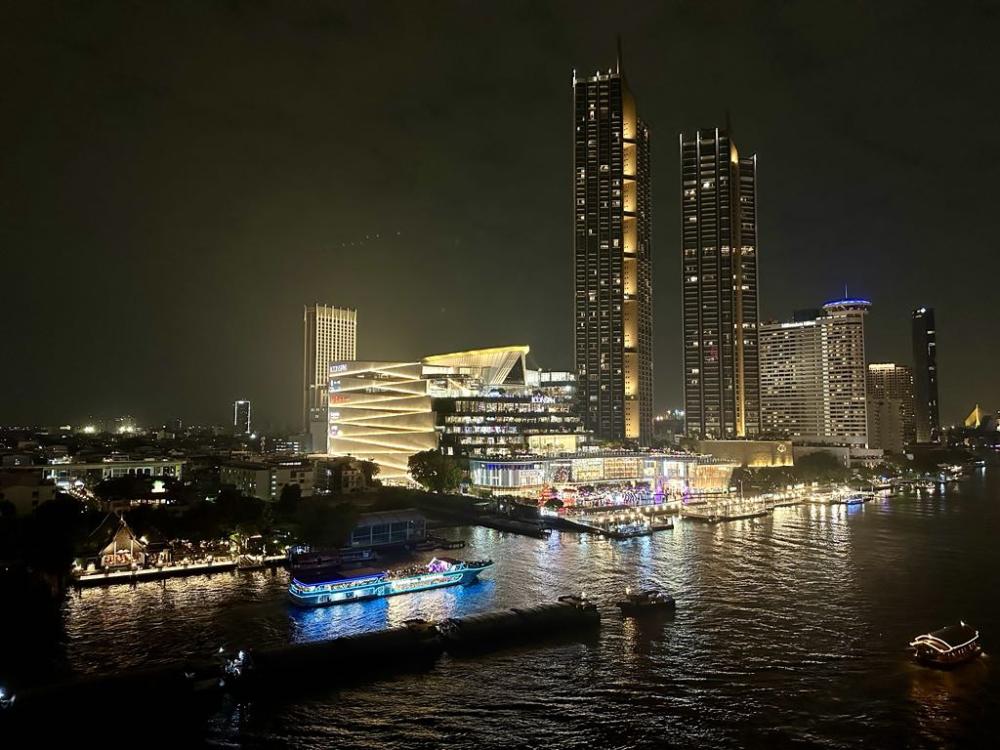

Requirement of Work Permit for Employment
Acquiring permanent residence does not change the fact that you are a foreigner,
so you will need to obtain a work permit,
although the acquisition requirements will be relaxed.
If you do not have a work permit, you will be considered as working illegally.
Having said that, as I’ve mentioned in the merit part,
it is easy to obtain and easy to renew the work permit.
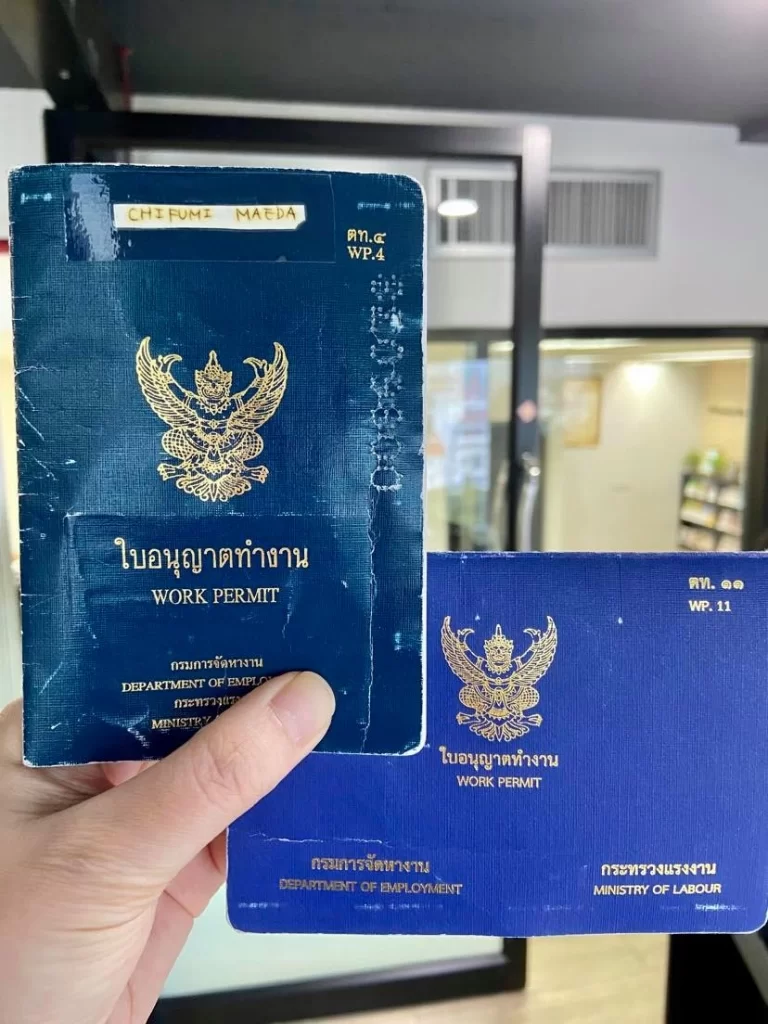

Complex Application Procedures
I’ve also wrote in “How to apply Thai permanent residency”,
the application time is only once a year, and the acceptance period is specified.
And it takes a lot of time to prepare the documents.
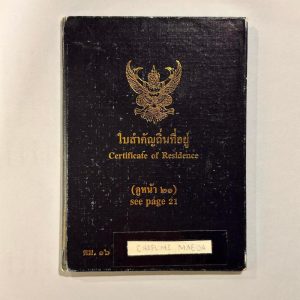

Documents in foreign languages must be translated into Thai,
and the translation must be certified by the diplomatic mission in Thailand,
and then certified by the Thai Ministry of Foreign Affairs.
This process is quite troublesome.
It seems that there are many people who are frustrated
by the type and preparation of documents and call a quit.
If you are working in a company,
the cooperation of the company is absolutely necessary for the procedure and, without a Thai helper,
I think it would be a high hurdle to apply for everything by yourself.
In the case of a spouse application,
the documents cannot be completed without the cooperation of the spouse (husband in my case)
and the cooperation of the spouse’s company.
In addition, in my case,
I often had to ask family members living in Japan or contractors (administrative scriveners, judicial scriveners)
to obtain a copy of the family register, etc.,
and it takes quite some time and money to apply is not cheap.
However in my case, I think I’ve made a good decision
to obtain the status considering all the demerits there are.
Summary
So, that was it. I hope that it will be of some help
for those who are thinking about obtaining permanent residency permit here in Thailand.

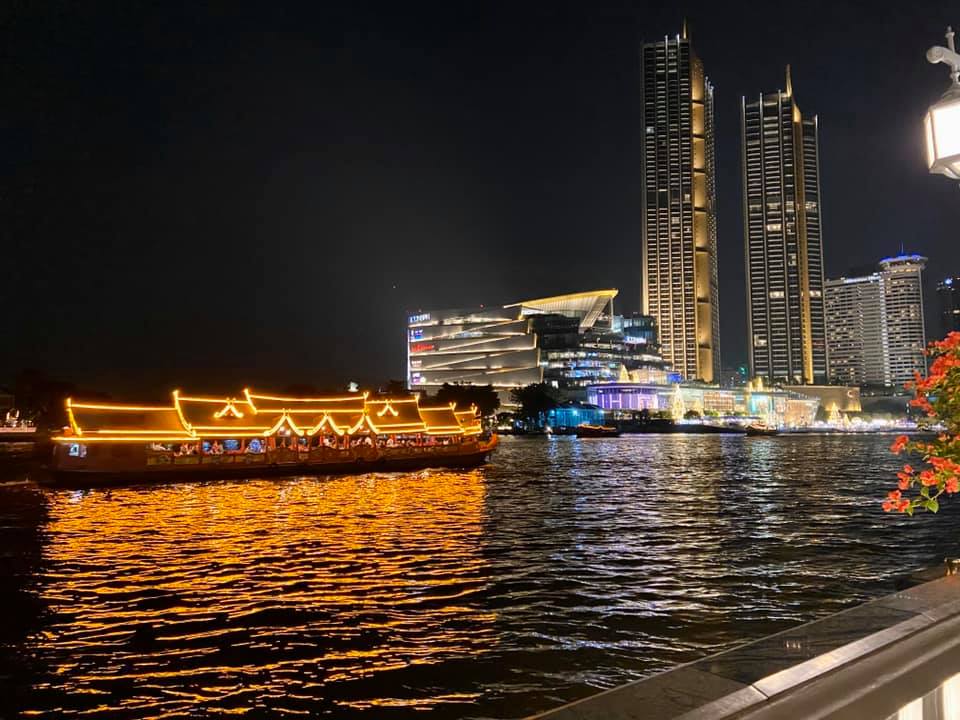
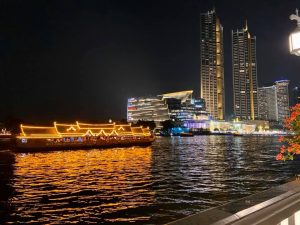
Please leave a comment if you like this article.
List of comments (2)
How about Thai language knowledge? should we speak fluently or even cant speak a word is enough?
Dear Khun Alex
Thank you for your comments.
If you are applying for permanent residence in Thailand,
it means that you will be living in Thailand for a long time to come,
so some understanding and knowledge of Thailand will be necessary.
During the interview, the examiner will ask you questions in Thai
about your experiences and why you want to live in Thailand permanently,
and you will need to answer in Thai.
You do not need to be a native Thai speaker,
but you must be able to communicate in Thai to some extent.